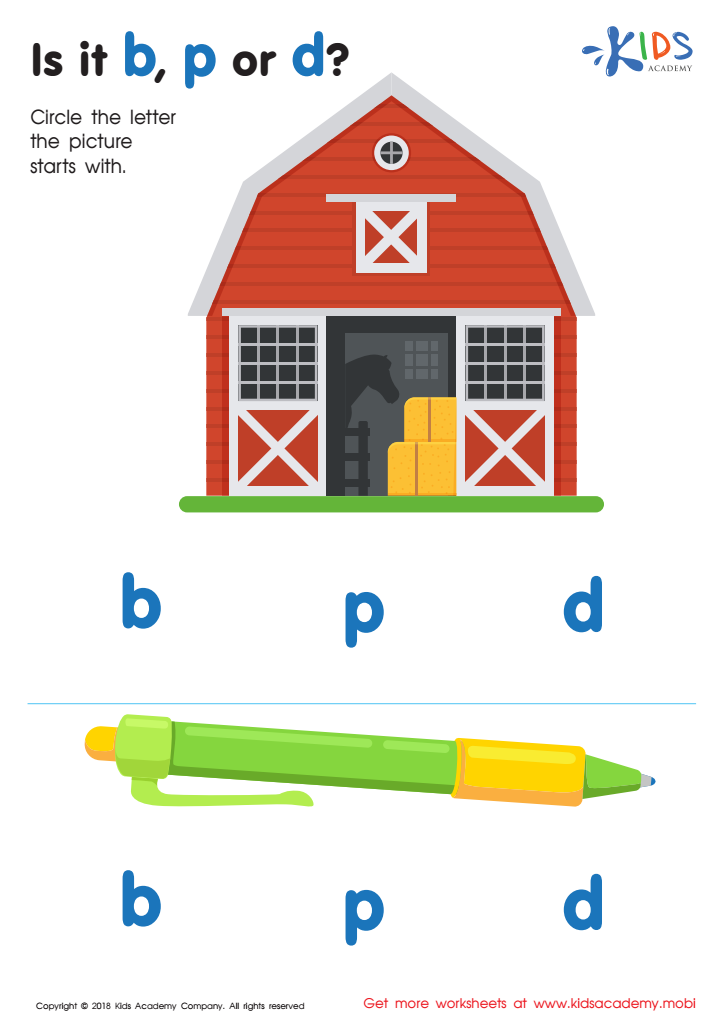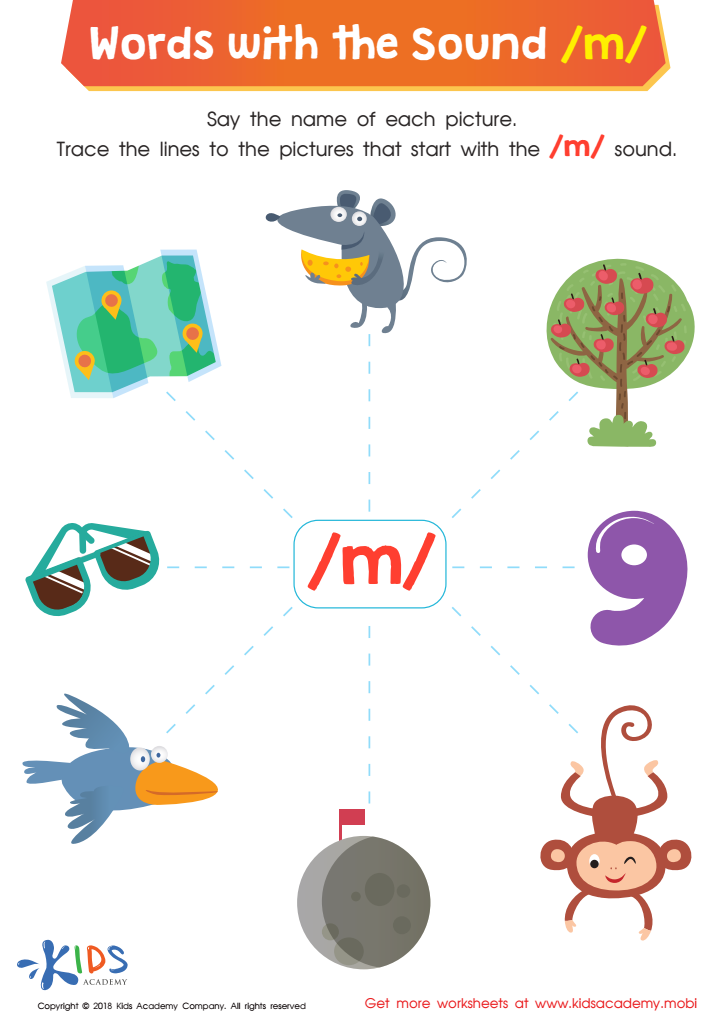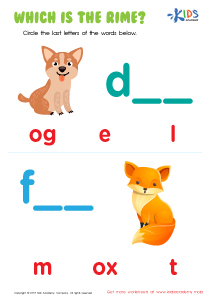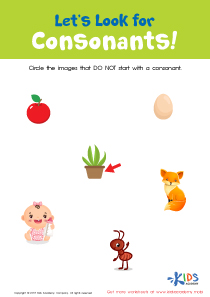Phonics practice Kindergarten Beginning Sounds Worksheets
5 filtered results
-
From - To
Boost your child’s reading skills with our engaging Phonics Practice Kindergarten Beginning Sounds Worksheets! Designed for young learners, these printable worksheets focus on identifying and connecting letters with their corresponding beginning sounds. Packed with fun activities, kids will enjoy tracing letters, matching pictures, and coloring, all while reinforcing their phonetic awareness. Perfect for homeschoolers or classroom use, these worksheets support crucial early literacy development. By practicing with these resources, children will gain confidence in their reading abilities, setting a solid foundation for future learning. Explore our collection today and help your kindergarteners master beginning sounds in a fun and interactive way!


Twin Onset Worksheet


Is it b, p or d? Worksheet


Words with sound p Reading Worksheet


Words with sound f Reading Worksheet


Words with Sound M Reading Worksheet
Phonics practice, particularly in the context of kindergarten beginning sounds, is crucial for early literacy development. Understanding the foundational phonics helps children recognize and manipulate sounds in words, forming the basis for reading and writing skills. When children learn to identify beginning sounds, they gain the ability to decode simple words, facilitating reading fluency and comprehension.
Parents and teachers should care about this aspect of literacy education because it fosters a love for reading at a young age, setting the stage for lifelong learning. Early phonics skills empower children to become independent readers, which boosts their confidence and engagement in learning activities. Moreover, effective phonics instruction tailors to diverse learning styles, allowing all students, including those who may struggle with language, to grasp core concepts more effectively.
Additionally, a solid phonics foundation supports language development in broader contexts, enhancing vocabulary and communication skills. Engaging in phonics practice at home and in the classroom ensures that children are better prepared for future academic challenges. Overall, prioritizing phonics practice emphasizes the importance of early intervention, ultimately leading to more successful learners who can thrive in their educational journeys.
 Assign to My Students
Assign to My Students











